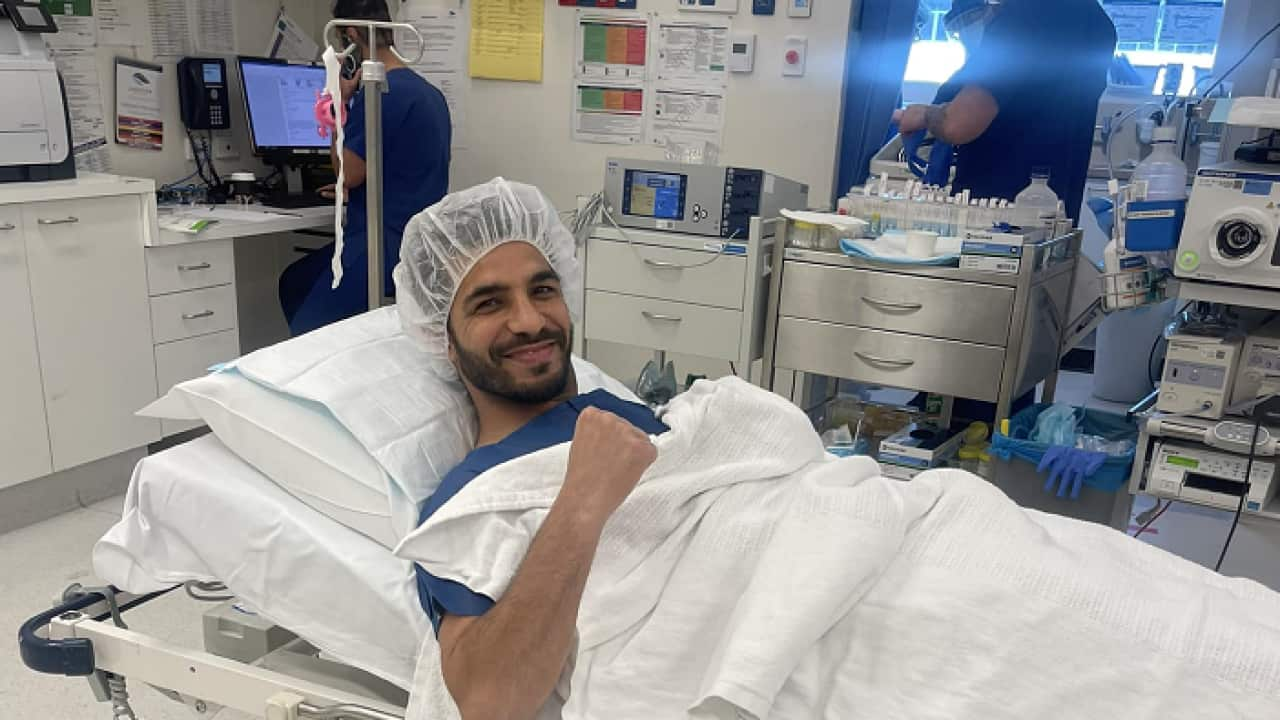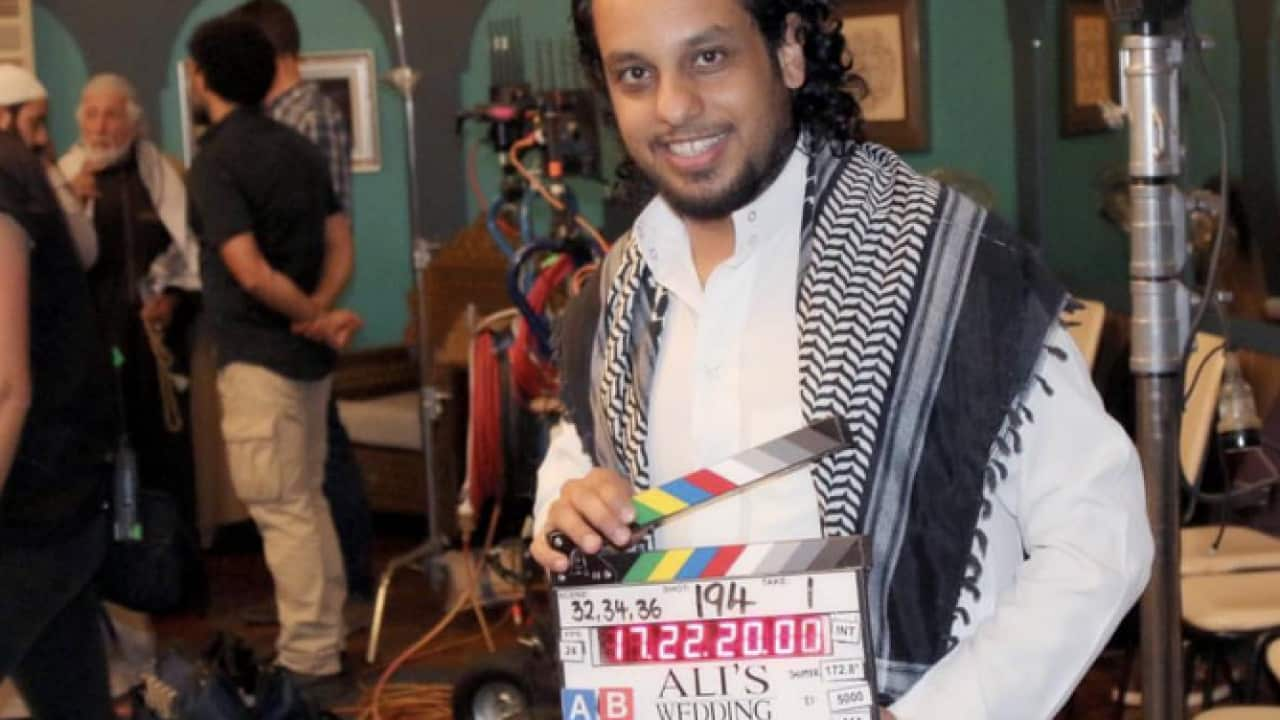Key Points
- Dr Hamoudi Al-Nashmi migrated to Australia from Iraq in 2000.
- He is a doctor in a small South Australian town.
- He spends his spare time running his own farms.
Dr Hamoudi Al-Nashmi turned his back on a higher salary in the city to live and work in the small town of Mannum, 84km east of Adelaide.
He says the added bonus of his lifestyle is the chance to own and run two farms including a four-hectre farm "in my backyard" and a larger, 11-hectare site.
“Working in the countryside (can be) tiring and exhausting, but socially rewarding,” he said.
According to Dr Al-Nashmi, he is the only GP among a cohort of 22 trainees in a 2007 rural doctor course to still be living and working in a regional area.

Dr Al-Nashmi at work in the town's hospital.
"The problem we face in rural areas is that most doctors prefer a city lifestyle over settling in the countryside," Dr Al-Nashmi said.
He and his family of wife, Dunia, and their then two very young children migrated to Australia from a rural village in Iraq in 2000. The family has since grown and the couple now share four children.
"We left Iraq after the second Gulf War in 1996 and the destruction and sanctions that were devastating to all Iraqis," Dr Al-Nashmi said.

Clockwise from L: Dunia, Dana, Lina, Daniel, Soumer and Dr Al-Nashmi.
Mannum is located along the banks of the Murray River, which afforded a "beautiful and unique landscape not found elsewhere", according to the doctor.
The Murray is Australia's longest river at 2,508km and forms the border between Victoria and New South Wales as it flows into South Australia.
Dr Al-Nashmi said it had been by accident that he settled in South Australia.
"Upon arriving in Western Australia, I began taking the exam to get my medical degree from the University of Baghdad recognised, (and) it took until late 2001 to get registered as a doctor in Australia," he said.
Dr Al-Nashmi's first job offer came from a hospital in Adelaide.
"I worked for five years at Queen Elizabeth Hospital in Adelaide after receiving my first job offer in 2002," he said.

Dr Al-Nashmi outside the medical centre where he works as a GP.
Despite the benefits of working in the countryside, Dr Al-Nashmi noted that it was not without its challenges, as it, "requires lot of effort and can be tiring and exhausting."
"Life in the countryside came at a price, especially since the COVID-19 pandemic, when medical personnel were in short supply in rural areas."
He said a typical day started at 8am and he divided his time between the local hospital and a clinic in Mannum, both of which were close to his home.
As a doctor, he can also be 'on call' meaning he could be required at any time in a 24-hour period.
“Since the pandemic, we have struggled with staff shortages ... (even) in the best of circumstances, doctors who come to help us leave after two months," he said.
In spite of this, Dr Al-Nashmi stated, "working in the countryside is also rewarding, since it is socially rewarding."
"The people here appreciate my presence among them and my assistance to them.

Dr Al-Nashmi (seated, far R) shares time with friends around a campfire in Mannam.
Apart from the social rewards, the doctor said living in the country had also offered him a chance to own and run two small farms - a four-hectare one with turkeys, ducks and geese and a larger, 11-hectare site with sheep, cows, and alpacas.
Aside from the experience from his home country, Dr Al-Nashmi said he also gained knowledge from local farmers, many of whom were now his friends.

Dr Al-Nashmi tends to farm duties after work and at weekends.
"First, simplicity, because happiness is linked to simple things, and secondly, living in harmony with Nature," he said.






